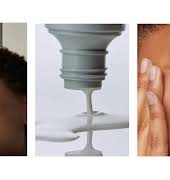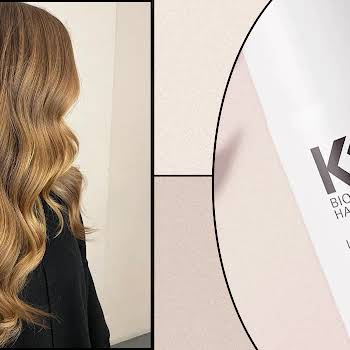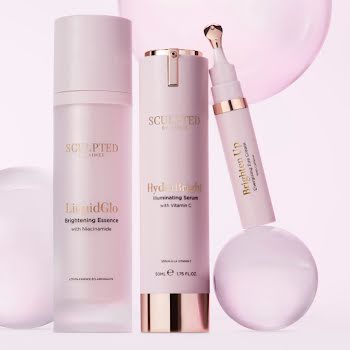By Grace McGettigan
26th Mar 2019
26th Mar 2019
Sulphates are the compounds in shampoo (and in many household cleaners) that create a nice, soapy lather when mixed with water. They’re great for lifting dirt, grease and grime, and they often leave your hair feeling squeaky-clean. Sometimes too clean.
While you’re doing your lather-rinse-repeat routine, the sulphates in your shampoo are stripping the natural oils from your scalp. While it feels indulgent and smells divine (fruity or floral, the choice is yours), your scalp is left open to sensitivity and your hair left open to damage.
Related: Everything you need to know about
IMAGE Beauty Festival
When it comes to skincare, the majority of us are very particular about what we apply to our face. But we’re a bit lax when it comes to our hair. Just as certain ingredients are better for some skin types than others; so too is the case for hair. If your hair is coloured, dry, frizzy, damaged, or you have sensitive skin; shampoo containing sulphates probably isn’t for you.
What’s the big deal?
Sulphates strip away the natural oils from your scalp; thus leaving your head open to dryness, flakiness, and/or itchiness. In some cases, the scalp tries to counteract this dryness by producing oil in bulk. If your hair ever feels greasy right after you wash it, sulphates may be to blame.
They’re not great for people with coloured hair, either. Not only do sulphates remove the natural oils from your scalp, they can also draw out the dye from your strands. If you’re using a sudsy shampoo numerous times a week, expect your colour to fade more quickly.
And it gets worse. Shampoo containing sulphates can make your hair go frizzy too. L’Oreal Paris says, “the lack of natural oil in the hair makes each hair strand separate and bend away from the strand next to it, resulting in a wild and untamed look.
“Using shampoos without sulphates will prevent this problem by helping hair retain its natural oils and maintain a smooth finish.” Similarly, if your hair is weak or damaged, harsh sulphates can make the problem worse. It’s better to choose a gentle sulphate-free shampoo; preferably one tailored for your specific complaint.
If these shampoos are so bad, why are they still being sold?
Unless you factor in the burning sensation when the lather gets into your eyes, sulphate shampoos do not pose a serious threat to human health. The fact that they can make your hair feel rough, dry and brittle is not dangerous enough to warrant banning them completely. Plus, if you’re lucky enough to have ‘normal’ hair (without damage, dryness or colour), shampoos containing sulphates are perfectly fine.
If you do have one of the above hair types and happen to run out of your sulphate-free option, a foamy alternative won’t cause any harm if used sparingly. Celebrity hairdresser Paul Edmonds told Refinery29, “Deep-cleansing the hair a couple of times a month is ample, depending on your hair type,” particularly if you’re a regular user of hair sprays and serums which can clog the scalp.
“Sometimes hair feels cleaner and lighter if you use a product that harnesses sulphates occasionally. They work best on thicker hair types.”
What can I expect from a sulphate-free shampoo?
It will probably be more expensive than your usual shampoo, but it’s a small price to pay for healthy hair. What’s more, you can expect none of the following ingredients to be listed on the back of the bottle: sodium laureth sulphate, sodium lauryl sulphate, ammonium lareth sulphate and myreth sulphate.
You won’t experience the same luxury lather with a sulphate-free shampoo as you would with your usual haunt, but rest assured it will clean your hair thoroughly. If in doubt (or if trying to wash out dry shampoo, hairspray or mousse), gently shampoo twice. Within a few washes, your hair will feel healthier and bouncier with a natural shine.
Photo: Jason Lloyd-Evans
IMAGE Beauty Festival
Join us for an unforgettable weekend of beauty in the heart of the Irish capital! Tickets for IMAGE Beauty Festival are available now. We look forward to seeing you there on May 25-26.

Read more:























